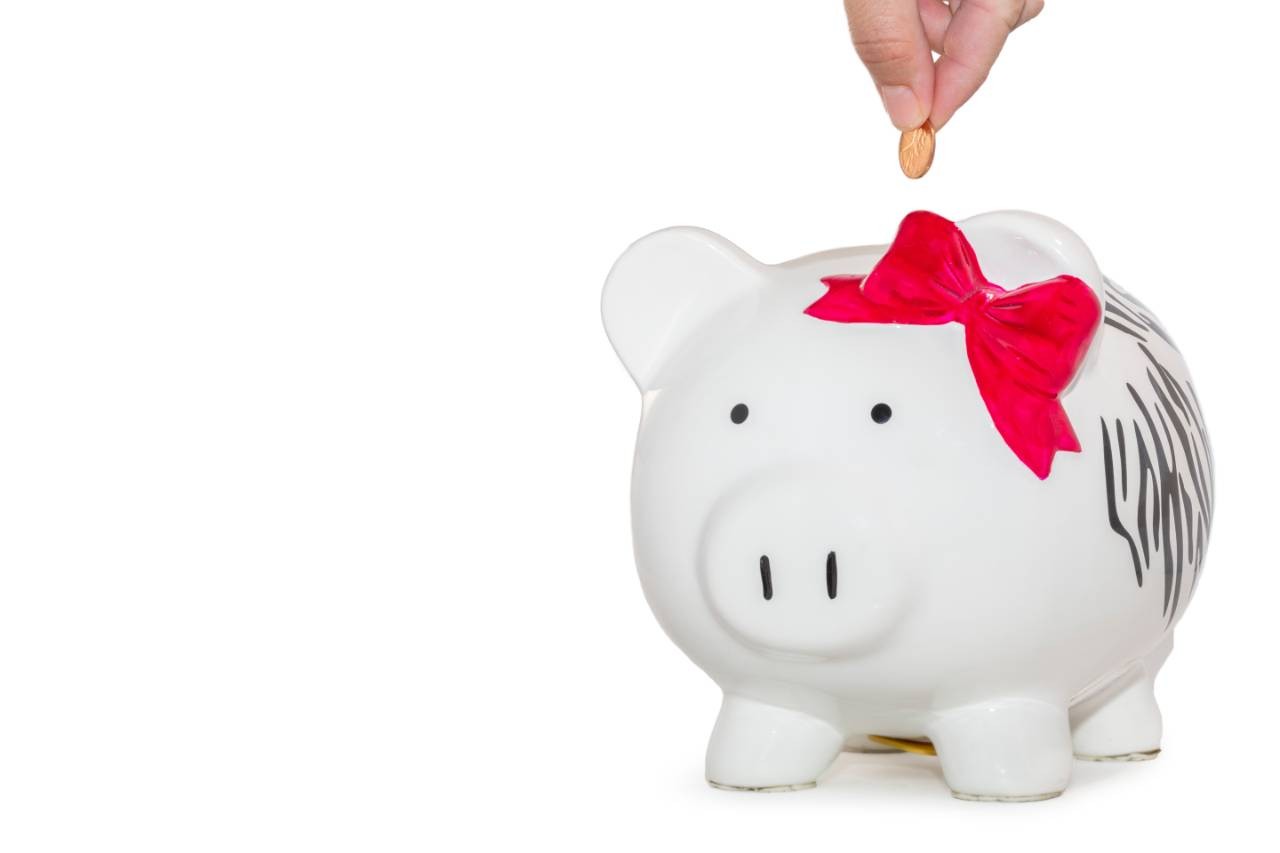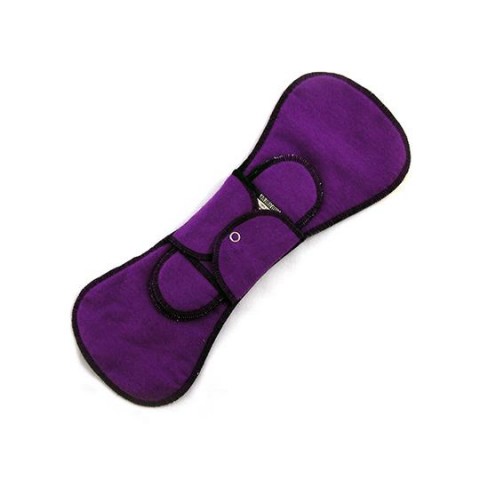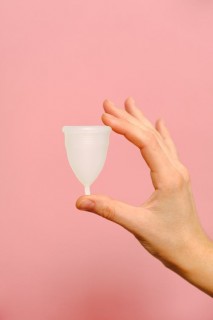Green Blog
Cut Down on Waste and Save Money with Sustainable Menstruation Products
A 2016 global survey conducted by Clue, a women's health app, and the International Women's Health Coalition, an advocacy group, found that there are more than 5,000 different slang/euphemistic expressions and phrases for periods. Whatever phrase you choose to use, it doesn't change the fact that disposable feminine products generate more than 200,000 tons of waste per year, and they all contain plastic. In 2018 alone, people in the U.S. bought 5.8 billion tampons, and over the course of a lifetime, a single menstruator will use somewhere between 5,000 and 15,000 pads and tampons, the vast majority of which will wind up in landfills as plastic waste.
There may be a simple way to decrease your environmental impact that you are overlooking: switching to more sustainable products to manage your period. Most Americans who menstruate still rely on products that create a tremendous amount of waste, in addition to being expensive and often containing harsh chemicals. You may assume that you know all of the options for managing your period, but you might be surprised how many low-waste and cheaper alternatives have entered the market in recent years. Below are some environmental and budget-friendly alternatives to single-use, plastic tampons and sanitary pads.
Reusable Pads
Reusable fabric pads with wings that can be snapped into place around your underwear are readily available, as inexpensive as $2-3 each, and can be just as absorbent as their disposable counterparts. There are also many simple sewing patterns available online to help you create your own reusable pads, making them very cost-effective. They are typically machine washable after being soaked, and are perfectly hygienic as long as they are properly cleaned.
Menstrual Cups
Menstrual cups are inserted into the body, much like tampons, to catch menstrual flow and are made of medical grade silicone, which is proven to be safe and hygienic. The cups can be worn for up to 12 hours before being emptied, rinsed and reinserted. Special cleaning products are available, but simply washing the cup with soap and water between uses and boiling between periods is enough to keep it clean. A quality menstrual cup can easily last two years, with some brands claiming to last even longer. The cups retail for about $10-30, so switching to a cup from pads and tampons would certainly save you money. Although learning to insert and remove the cup can be tricky, many users find the adjustment well worth it.
Absorbent Period Underwear
Recently, absorbent period underwear has reached the mainstream market. These types of undergarments can be used with another product to catch leaks or can be used on their own. They are typically machine washable on the delicate cycle and need to be air dried. Popular brands retail from $15-30, and various styles and levels of absorbency are available. They can last many years with proper care.
Research these options, see what works for you, and consider making a switch!




